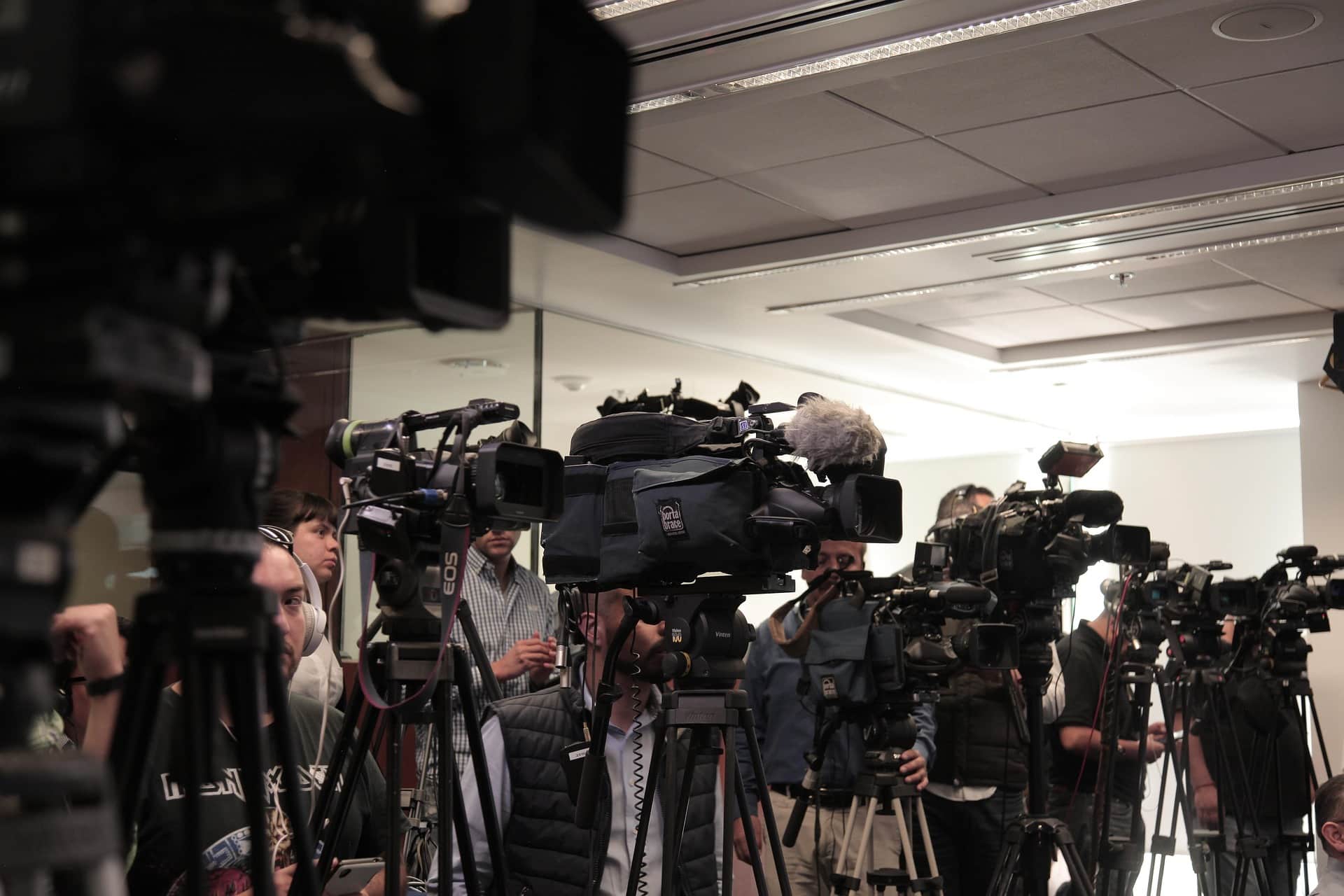The allegations surfaced after The Times and The Sunday Times reported that Reform UK councillors in areas such as Nottinghamshire and Leicestershire had repeatedly refused to respond to press inquiries or grant access to local media. Editors and reporters have accused the party of adopting tactics reminiscent of former US president Donald Trump’s combative stance toward journalists.
Local paper banned, then reinstated
The most prominent case involves the Nottingham Post, part of the Reach publishing group, which said it had been effectively banned from contacting councillors in the Reform-led Nottinghamshire County Council. Following critical coverage of internal council disputes, the newspaper alleged that it was excluded from receiving press releases, barred from events, and ignored in requests for comment.
The Post filed legal action against the council, arguing that the ban violated the Local Government Act, the council’s own communications code, and the European Convention on Human Rights’ protections for press freedom. The ban was lifted shortly afterwards, following public and legal pressure.
A spokesperson for Nottinghamshire Live described the decision as “deeply concerning for local democracy,” while the National Union of Journalists (NUJ) called it “a dangerous precedent for press freedom at a local level.”
Wider complaints of press avoidance
Similar concerns have been raised elsewhere. Journalists in Leicestershire and Kent told The Times that Reform UK councillors routinely declined to answer questions or labelled unfavourable coverage as “fake news.”
Liberal Democrat MP Max Wilkinson, in comments reported by LBC, called the behaviour “a Trumpian attempt to silence legitimate scrutiny.”
While no formal national directive has been identified, multiple local journalists have described a pattern of non-engagement from Reform representatives — leading to speculation that the approach is informally coordinated.
Reform UK response
Reform UK denies that it has imposed any form of media blackout. A party spokesperson told The Times that councillors are “free to decide which outlets they engage with” and that the party “has no policy to restrict communication with journalists.”
The spokesperson added that Reform UK “believes in robust debate but expects fair reporting,” suggesting that local councillors may have withdrawn cooperation due to perceived bias in coverage.
Carmarthenshire News Online often met with silence from Reform
At Carmarthenshire News Online, we have also encountered challenges when seeking responses from Reform UK. On one or two occasions, our newsroom reached out to the party for comment on local political stories – most recently on the Gareth Beer story – but received no reply. While such silence is not unusual in busy news cycles, the lack of engagement aligns with concerns voiced by other regional outlets about Reform UK’s limited communication with local media.
Freedom of information and public accountability
Media experts and watchdogs have warned that such selective disengagement could erode transparency in local government. Professor Steven Barnett, a journalism scholar at the University of Westminster, said:
“Refusing to engage with the local press undermines the principle of accountability. Local journalism is the first line of scrutiny for those in power — and silencing it, even informally, damages democracy.”
As of early October 2025, the Nottinghamshire council’s ban has been rescinded, but the incident continues to spark debate about how political parties interact with local journalists — and whether political “walls of silence” are becoming a new front in Britain’s media wars.
Discover more from Carmarthenshire News Online
Subscribe to get the latest posts sent to your email.




